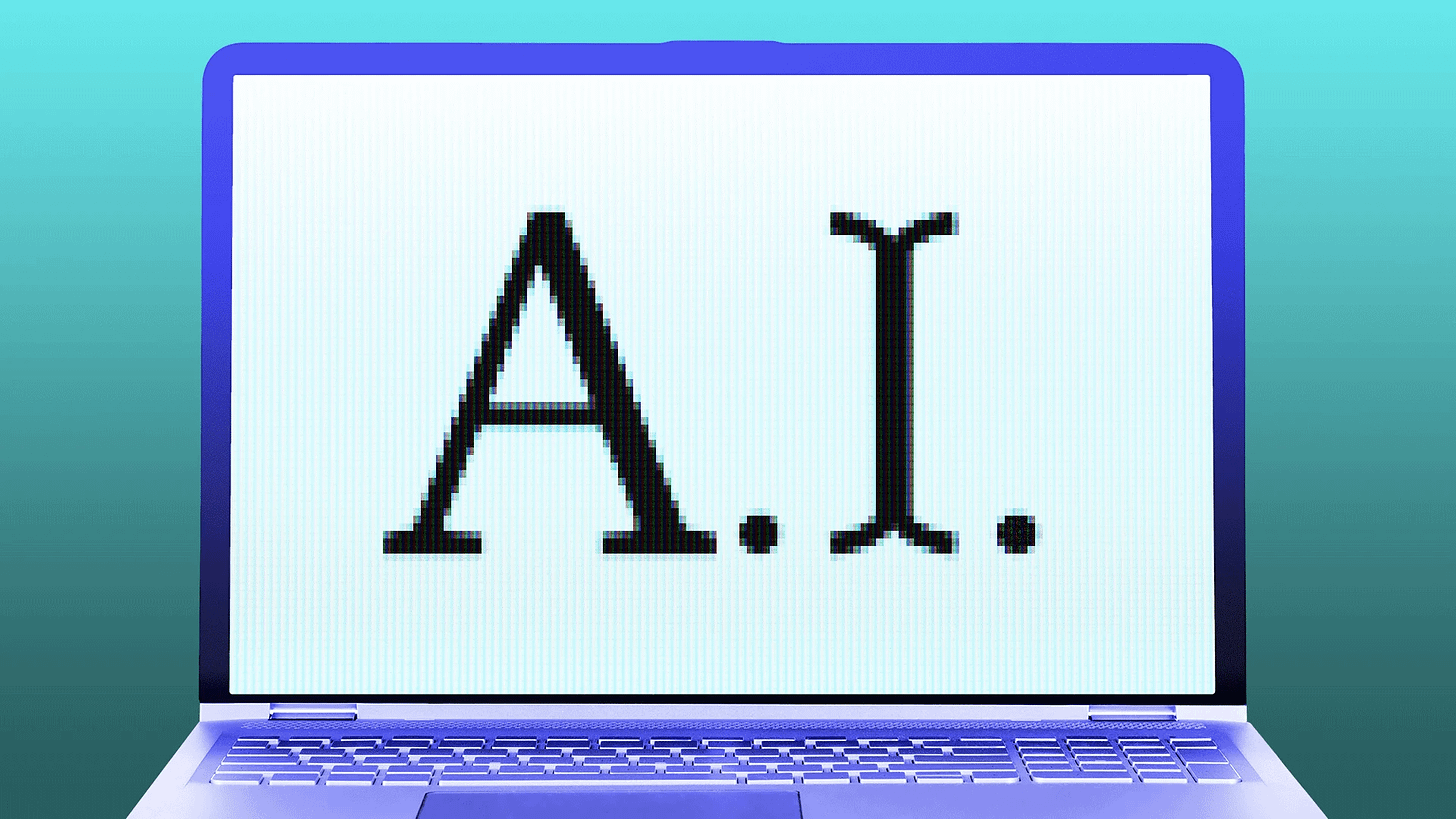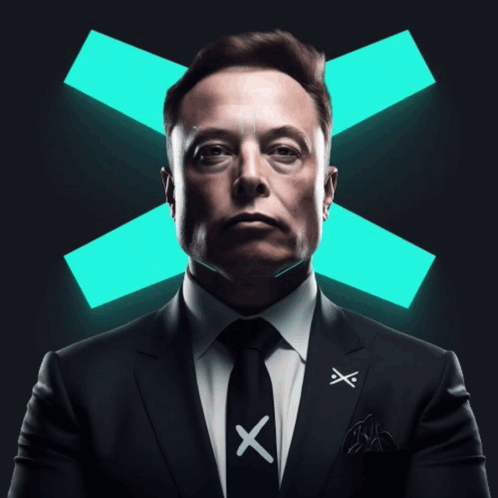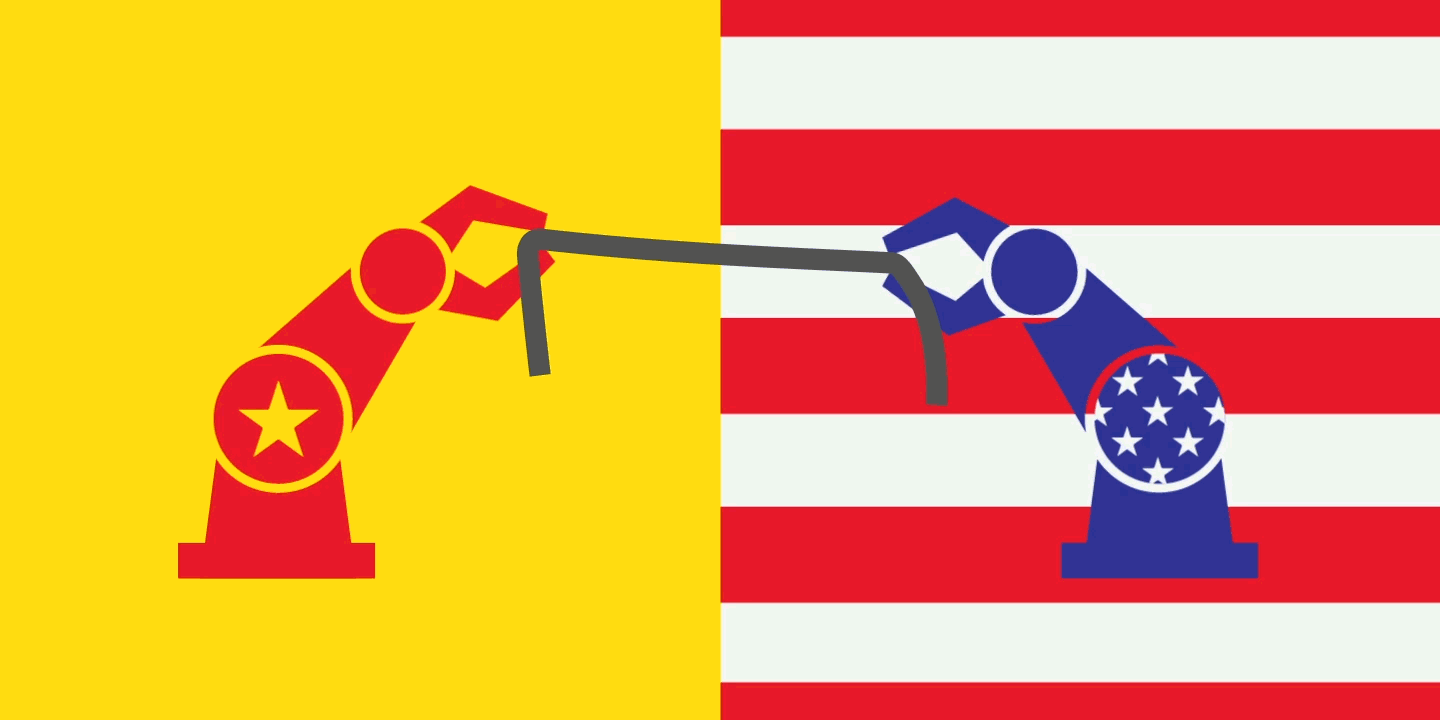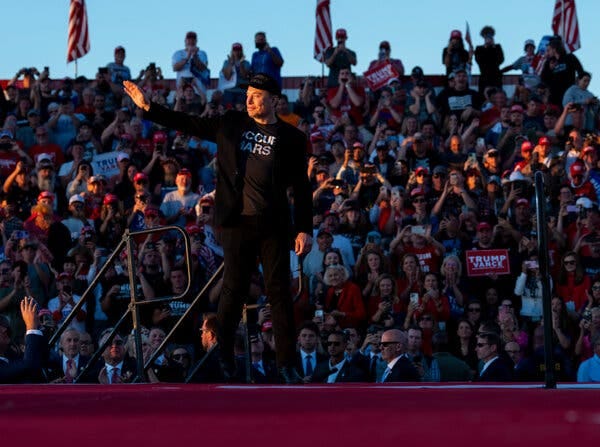
AI: Tech & AI under Trump. RTZ #533
Reactions are pouring in to assess the Trump Election victory, and its implications for Tech/AI in these AI Tech Wave early days. The primary areas of focus are topics I’ve discussed like AI regulation, antitrust actions against big tech, open-source AI, and the US ‘AI space race’ with China in terms of technology supply chains relocated to the US and allies. Of course tech leaders congratulated Trump and his team on their victory.
Axios has a good summary on the AI front in “Young AI just got a ticket to run wild”:
“American voters have just decided — among many other things — that artificial intelligence will grow up in a permissive, anything-goes household, rather than under the guidance of stricter parents.”
“Between the lines: Trump’s reputation may be that of a strongman, and his MAGA brand of conservatism embraces tough talk, but last night’s Republican victory makes it a lot more likely that AI will run wild as it develops.”
This especially against the perceived safety risks of AI and regulatory response:
“The big picture: AI makers describe the process of training a model as something like raising a small child.”
-
“That’s one reason “values-free” AI doesn’t exist. Every generative AI model encodes a set of biases and assumptions drawn from the data it’s given and the rules its makers impose.”
Contrasted of course against the Biden/Harris AI regulatory plans, including the AI Executive Orders I wrote about last year.
“AI companies faced two very different roads this election season.”
-
“Vice President Harris oversaw the Biden administration’s AI policymaking that led to the AI executive order and related efforts.”
-
“These are less hard-line regulations than balancing acts, but they do aim to impose some caution and transparency on the new industry.”
In general the US regulatory approach to AI has been relatively more ‘lean-in’ on AI vs Europe’s approach. As for the new incoming administration:
“Trump hasn’t said much about AI.”
But his new potential head of “Department of Government Efficiency (aka DOGE), Elon Musk, with his own AI, Tech & Space agendas, may have some ideas on ‘efficiencies’ and beyond:
“Yes, but: His close ally Elon Musk is the leading advocate (and funder) of AI systems that favor “anti-woke” principles over guardrails limiting hate speech, bullying and misinformation.”
“Zoom in: In a second Trump administration, two key factors are likely to combine to discourage federal efforts to set limits on AI.”
-
“Traditional Republicans have long embraced laissez-faire policies and been hostile to regulation.”
-
“Meanwhile, the MAGA belief that Big Tech platforms censor conservatives has made Trump-era Republicans detest efforts to moderate content online or to build systems that place boundaries on acceptable speech.”
But the arguments on US pursuing a proactive AI policy given China tech/AI geopolitics will likely have their interest:
“State of play: Industry insiders argue that putting too tight a rein on AI will hobble the U.S. in a global race to best China.”
-
“Other experts believe the U.S.’s opportunity lies in building AI that’s carefully designed to fortify democracy, hamper authoritarianism and shun surveillance-state tactics.”
A similar framework exists on the Trump administration’s broader posture to the Tech industry, as Axios explains in a separate piece “What Trump’s victory means for tech policy”. And it’s complicated, as Stratechery outlines:
“It’s foolish, at this point, to think of tech as being a singular thing; to that end, I’m lumping the potential impact of a Trump administration into four buckets: Big Tech, Little Tech (including crypto), Chips, and Hardware.”
It’s complicated especially because of VP-Elect JD Vance:
“All of this animus could be amplified by the presence of Vice President-elect J.D. Vance, who told Joe Rogan on his appearance last week that he “hates big tech” thanks to the moderation/censorship decisions it makes with its platforms. His critique goes deeper than that, as I explained in an Update when he was selected: Vance believes that Meta and Google in particular are impervious to competition and stifle innovation, and he has spoken positively about the Biden administration’s approach to antitrust, including complimenting FTC Chair Lina Khan by name. To the extent that Vance has a say might be the extent to which Big Tech’s antitrust problems get worse, not better (as they likely would have under a Harris administration).”
The whole piece is worth reading for the nuance of the many big tech issues.
Another one worth reading is the NY Times’ relatively comprehensive assessment of what the Trump second Presidency could mean for Tech, AI & Crypto, in “What a Trump Victory Means for Tech”. And areas to watch in particular:
“There are plenty of ways a second Trump presidency could turn out badly for Silicon Valley. And tech leaders may sour on him if his campaign pledges — such as an immigration crackdown that would affect their hiring plans, tariffs that would make their products more expensive or anti-abortion policies that would threaten the health of female employees — wind up being too disruptive.”
But the broader picture is that the seismic election of 2024 is likely to shift both the tailwinds and headwinds around Tech and this AI Tech Wave, for the years ahead. Stay tuned.
(NOTE: The discussions here are for information purposes only, and not meant as investment advice at any time. Thanks for joining us here)









